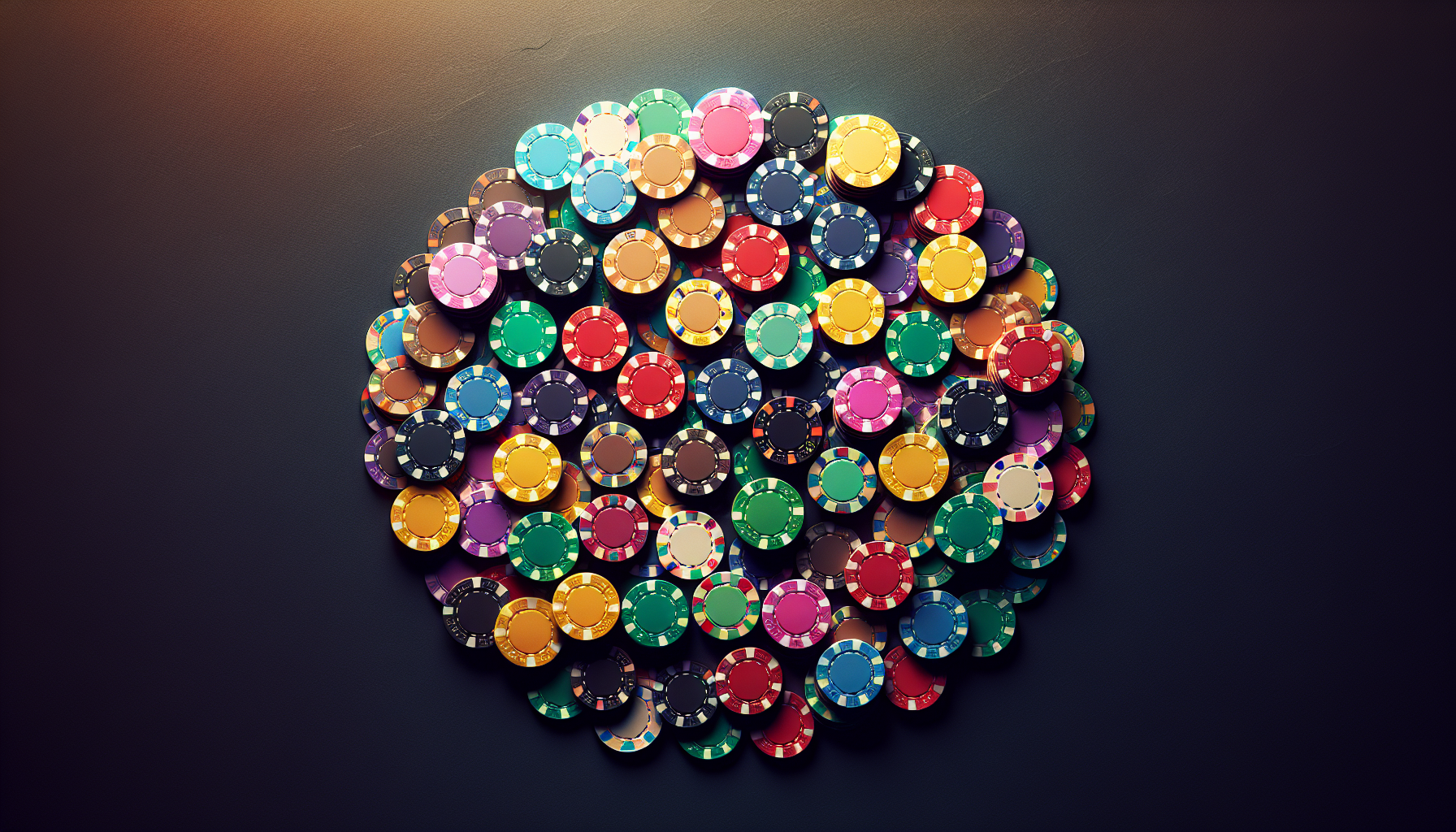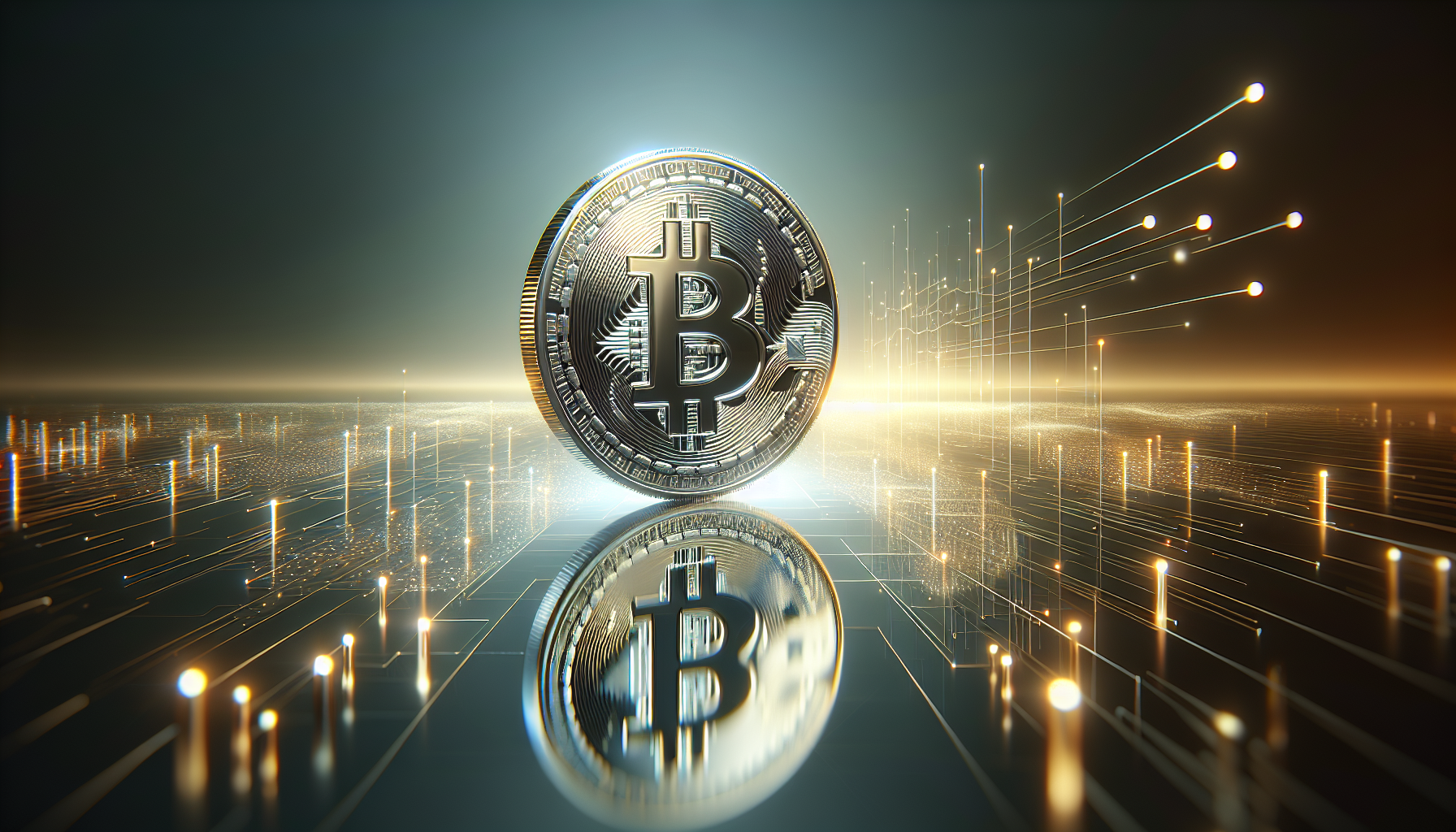Gambling Psychology: Why We Can’t Stop Rolling The Dice
Gambling’s wild, right? It’s not just about cash—it’s about what’s going on in our heads.
That buzz when the slot’s spinning, the gut punch of a close call—it’s all messing with us in ways we don’t always see.
Whether you’re at a casino or enjoying online some no deposit bonuses for players from Minnesota, there’s some serious psychology behind why we play and why we keep coming back, even when we’re losing our shirts.
Let’s dig into it—what hooks us, how casinos play us, and why it’s so dang hard to walk away.
Why We Even Bother Gambling
It’s all about the unknown. Have you ever noticed how boring it’d be if you won every time? Psychologists say it’s the randomness that gets us—something about “variable reinforcement.” Like, your brain’s dumping dopamine—that happy juice—when you don’t know what’s coming. I read somewhere that it’s the same reason rats keep hitting a lever for snacks. We’re not so different. A win’s great, but a near miss? Man, that’s the killer. Two cherries and a blank on a slot machine, and suddenly I’m thinking, “Next time, baby!” It’s nuts how that works.
People have been at this forever—Romans betting on horses, old-timers tossing dice in alleys. Now it’s all online, and you can lose yourself in it anywhere. Doesn’t matter if you’re winning or tanking—it’s the ride that keeps you there.
How Casinos Mess With Us
Casinos are sneaky as hell. They’ve got this down to a science. In real ones, no clocks, no windows—you lose track of time and just keep going. Online? It’s all flashy pop-ups and “one more spin” vibes. They’ve got tricks to keep us glued. Here’s my top five ways they hook us:
- Lights and Noise – All that bling and dinging? It’s like a party in your brain.
- Fake Wins – You bet $10, win $2, and somehow feel like a champ.
- VIP Vibes – Loyalty points make you feel special, so you stick around.
- Hype Train – Someone wins big, and you’re like, “That could be me!”
- Too Easy – Online, it’s one tap to spend more—no effort, no stopping.
Like, take no deposit bonuses for players from Minnesota. You sign up, get free spins or cash, and boom—you’re in. No risk, all fun, until you’re three hours deep wondering where the night went. They know exactly what they’re doing.
The Stats: Who’s Hooked And How Much
This isn’t just me ranting—there are numbers on it. Gambling can get serious, and some folks can’t shake it. Check out this table I pulled together from some 2023 stats I saw:
| Who’s Playing | % With Issues | Average Cash Dropped ($) | Favorite Game |
| Young Folks (18-34) | 2.1 | $1,200 | Slots |
| Middle Agers (35-54) | 1.5 | $900 | Sports Betting |
| Older Crowd (55+) | 0.9 | $600 | Poker |
| Everybody | 1.0 | $850 | All Over |
Young people are all over slots—probably the fast pace and shiny graphics. Older folks like poker, maybe because they think they’re outsmarting it. Either way, that’s a lot of dough flying around.
Thinking We’re The Boss
Ever know someone who’s all, “I’ve got a system”? That’s us kidding ourselves we’re in control. Poker’s got some skill, sure, but slots? Pure luck. Still, we’ve got lucky hats or “hot” machines we swear by. I’ve done it—kept hitting a slot because it “felt right.” Turns out, most of us do that. Some study said like 67% of regular gamblers think they can beat the odds. Spoiler: we can’t. Online, it’s worse—they track what you like and throw more at you. Lose at slots? Here’s a roulette bonus. It’s creepy how smart they are.
The Buddy Factor
It’s not all solo, either. Gambling’s got this social thing going. Online poker rooms, betting tournaments—you’re trash-talking strangers halfway across the world. Even slots feel less lonely with Twitch streamers showing off wins. I’ve watched those—guy hits a jackpot, and I’m hyped like it’s me. But it can suck you in deeper. Your friend’s bragging about a $200 win, and suddenly you’re betting more to keep up. That’s how it gets messy.
When It Stops Being Fun
Most of us are fine—just messing around for kicks. But for some, it’s a problem. Like, 2.5 million Americans are in deep, addicted bad. Online stuff, with no deposit bonuses for players and all that, makes it too easy. You’re chasing losses, hiding it from people—it’s rough. I’ve seen states cracking down, like New Jersey making you set limits. Still, it’s on us to know when to quit, and that’s the hard part.
What’s Coming Next
For most, gambling’s a pastime. For some, it’s a trap. About 1% of adults—2.5 million in the U.S.—battle severe gambling addiction, per the NCPG. Online platforms, with their 24/7 access and no deposit bonuses, can accelerate this. The brain’s reward system rewires, craving bets like a drug. Warning signs include chasing losses, lying about habits, or betting beyond means.
Regulators are responding. The UK’s Gambling Commission caps stakes on certain games; U.S. states like New Jersey mandate self-exclusion tools. Still, responsibility often falls on players, a tough ask when psychology and profit align against them.
The Future: Mind Games In A Digital Age
What’s next? Tech will deepen the mind-game. AI could tailor experiences to your psyche, offering bonuses when you’re down or games when you’re bored. Virtual reality might plunge you into a casino so real, you forget it’s pixels. Crypto gambling, already rising, adds anonymity, loosening inhibitions. But as tools get sharper, so must awareness. Understanding why we play could be the best bet against overplaying.
Conclusion: A Bet On Human Nature
Gambling thrives because it’s wired into us—our love of risk, reward, and rivalry. Casinos, online or off, don’t just offer games; they offer a psychological playground. From no deposit bonuses to near-miss thrills, every element is crafted to captivate. We play for fun, for hope, for connection. But knowing the mind tricks at work? That’s the real jackpot.
Back to Daily Market News.












